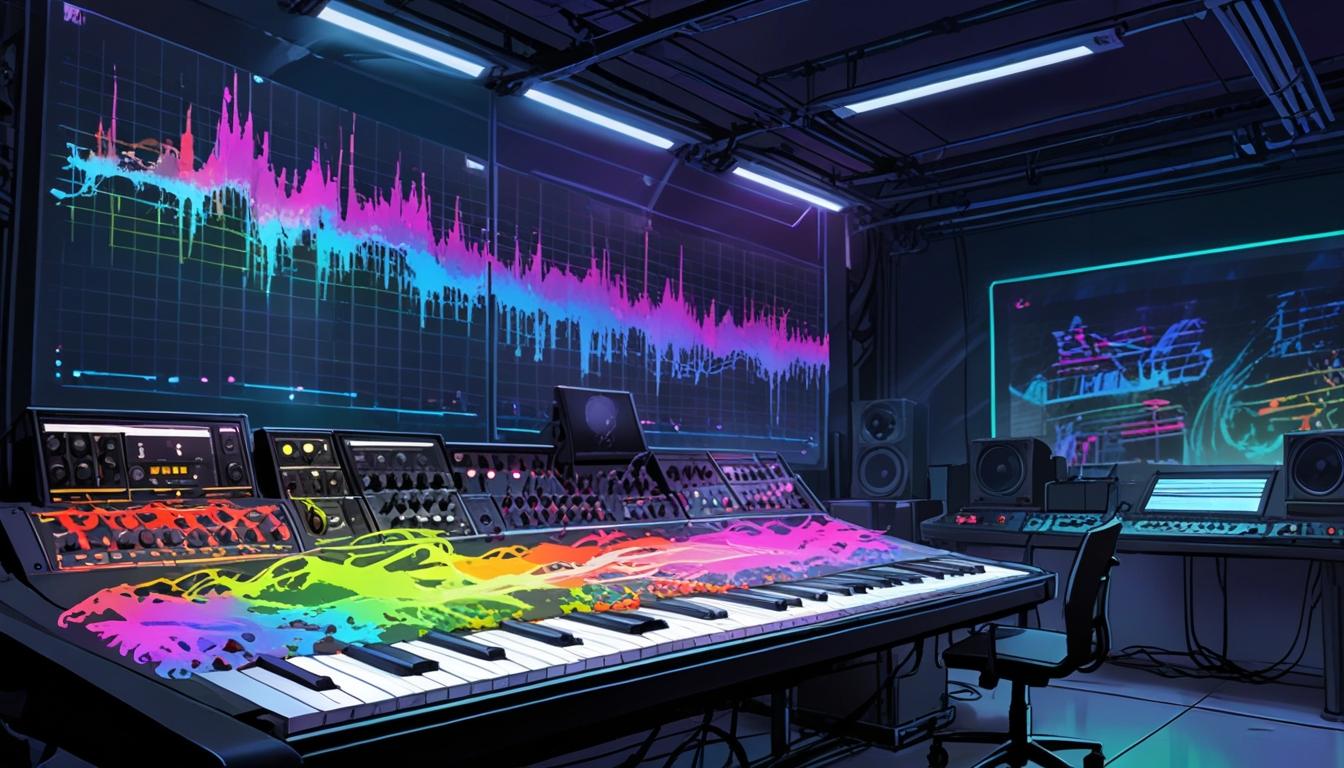Google DeepMind has significantly upgraded its Music AI Sandbox, expanding the platform's accessibility and enhancing its capabilities with new AI models and real-time music production tools. Introduced with restricted access in 2023, the Sandbox is designed primarily for professional musicians and producers, but Google is now opening the tool to a broader range of users, including creators working on film and game soundtracks.
At the core of the updated Sandbox is the Lyria 2 AI music model, which generates high-fidelity audio across a wide range of genres, from shoegaze and synthpop to more unconventional styles. This model serves as the rhythmic foundation for music creation within the platform, producing detailed and intricate compositions tailored to users' creative needs.
In addition to Lyria 2, the new Lyria RealTime feature transforms the Sandbox into an interactive virtual studio. This tool allows users to collaborate with the AI dynamically, adjusting and mixing styles on the fly. For example, musicians can merge ambient house beats with classic funk rhythms, tweaking the output in real time while jamming at their keyboard.
The Music AI Sandbox offers three principal tools to support music production:
Create: Users describe their desired sound in text, and the AI generates original music samples as starting points.
Extend: If a track is partially developed, users can upload it and let the AI suggest continuations that maintain stylistic coherence, filling in gaps or extending compositions beyond their current form.
Edit: This feature allows users to reimagine existing music pieces in new genres or moods, either through direct control board adjustments or text prompts. Examples include requests such as "Turn this into a ballad," "Make this sadder but still danceable," or more experimental directions like scoring an EDM drop solely with oboe instrumentation.
All music produced using Lyria 2 and RealTime is watermarked with Google's SynthID technology, enabling the identification of AI-generated content even if attempts are made to pass these as human-created works. This technology aims to address ongoing industry debates regarding the authenticity and classification of AI-generated music.
Speaking to Tech Radar, Google DeepMind emphasises that while AI offers new creative tools for musicians, it is not positioned as a replacement for traditional songwriting. The company notes that "AI could make a half-baked hum fall flat if poorly used" and highlights examples from artists who understand how to effectively integrate AI into their music-making process.
With these advancements, Google DeepMind’s Music AI Sandbox provides a versatile platform for musicians and producers to experiment with AI-driven composition and production, broadening creative possibilities while fostering collaboration between human artists and artificial intelligence.
Source: Noah Wire Services
